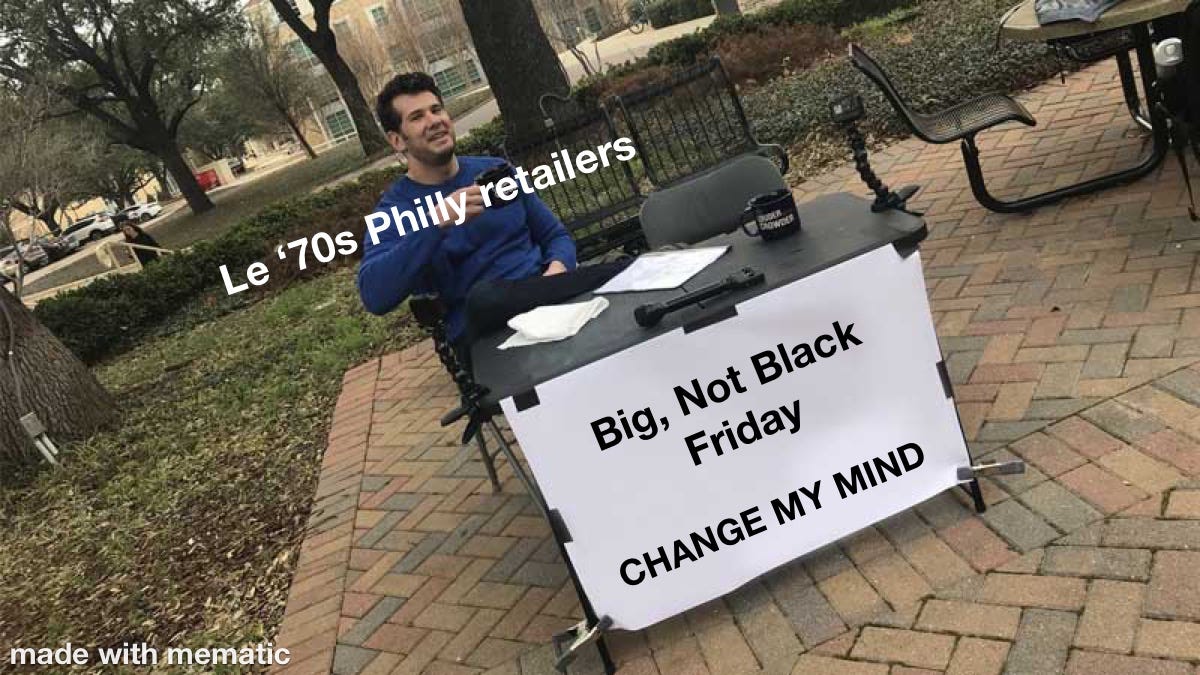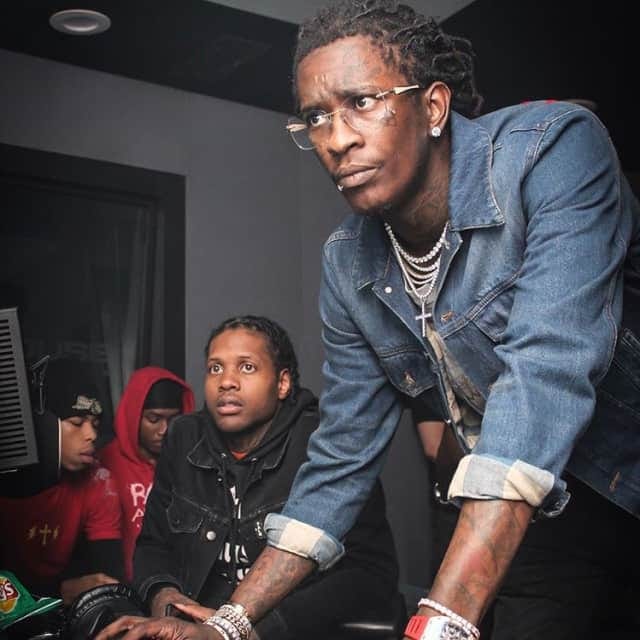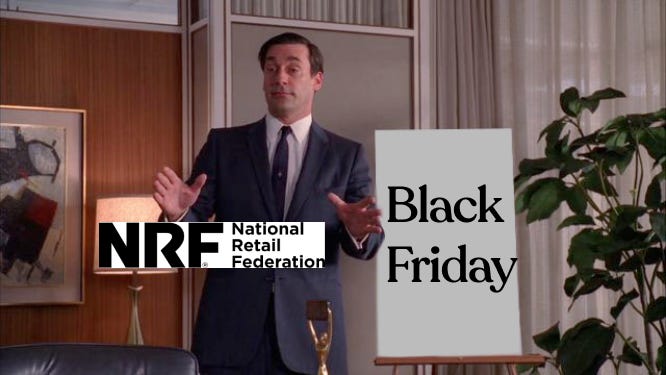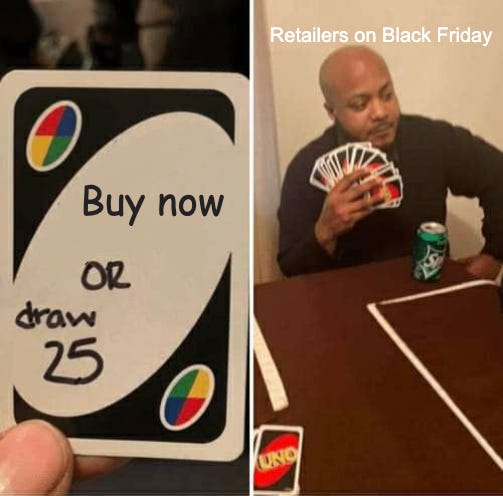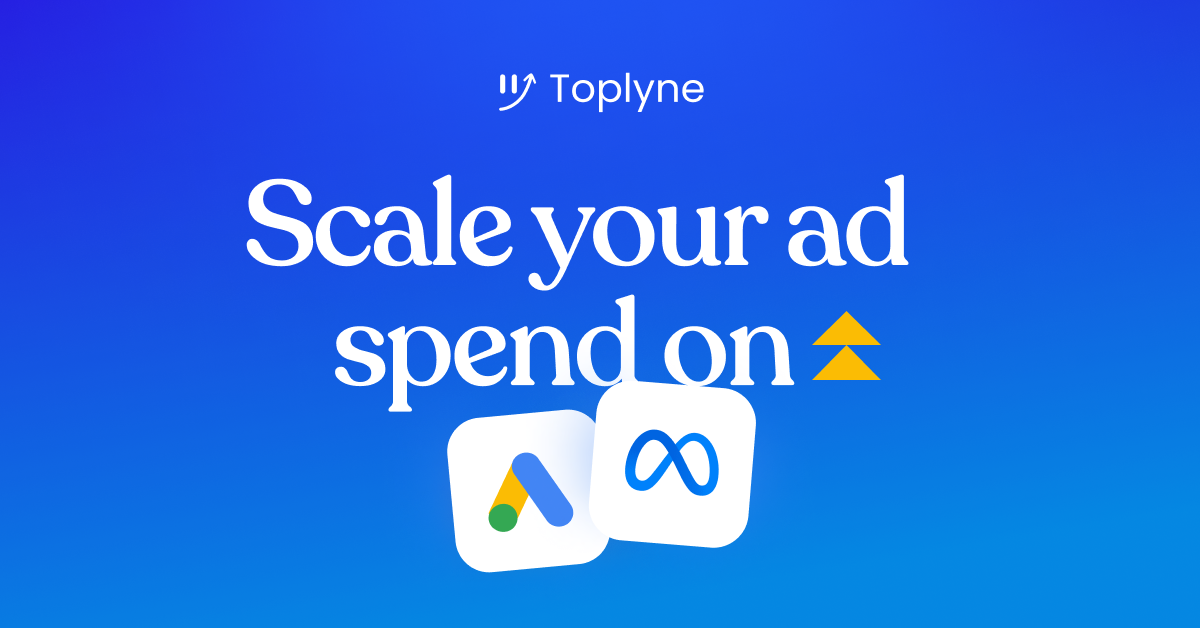Black Friday: From a local police nightmare to a $70B global event
Black Friday: From a local police nightmare to a $70B global eventHow football fans in Philly created the largest shopping frenzy in the worldIn 2024, Black Friday will be officially celebrated in 129 of the 195 recognized countries worldwide. Only Christmas (160+ countries) and Ramadan (120+) have comparable international participation. Holiday sales in the US alone are expected to reach a record $1.35 trillion in 2024. E-commerce sales are expected to grow ~8% to ~$290 billion this season.
There’s an old Sarah Silverman joke on religions: “The only reason Scientology seems batshit crazy is because it’s new.” While your Prime Days, Green Mondays, and even Cyber Mondays are relatively “Scientology”, Black Friday has been around for long enough to normalize the craziest consumer behavior of all, while consistently clocking the highest in-store and online daily revenue for consumer brands. How has what began as a small-scale migration of suburbanites flooding into Philadelphia for some post-Thanksgiving family time today transformed into a multi-billion dollar consumer festival? How it all startedOver the early 1950s, the city of Philadelphia started to see a huge influx of crowds on the days after Thanksgiving, partly driven by the annual Army-Navy football game that was traditionally held in the city during this time. This influx of people in the thousands caused traffic jams, crowded streets, and, if you asked a police officer - utter chaos in the city. The officers hated it. Ask any officer in Philly in the ‘50s, they will tell you that the Friday after every Thanksgiving was a ‘Black Friday’—a day they all dreaded. And that’s how it started. From lipstick on a pig to diamond in the roughOne man’s loss is another man’s gain. The police officers dreaded these crowds. But they were a welcome sight for the retailers in the city who had never seen such high footfall come their way. By the 1970s-80s, retailers began to take notice of how their sales consistently spiked during this time and decided to cash in on the opportunity to make further gains. Till now, the term ‘Black Friday’ had a negative connotation to it, one of undesirability, chaos, and distress. The retailers set out to put lipstick on this pig, as a means to welcome more people into the city and invite high-intent shoppers into their stores. They started to refer to the day as ‘Big Friday’ - hoping it would catch on. It didn’t. But something interesting happened. As a long-standing tradition in manual bookkeeping, losses or debts were recorded in red and profits in black. When a business was profitable, it was said to be "in the black," indicating that the company was making money rather than losing it. At some point during the early 1980s the narrative caught on, and the ‘Black’ in Black Friday got a whole new meaning. This narrative changed the game, ‘Black Friday’ now had a positive spin and crowds were more willing than ever to indulge in the ‘holiday’ feeling and buy their favorite items at the lowest prices of the year. Even the police officers got on the shopping bandwagon. Rise to global statusHow did a local phenomenon go beyond the borders of the state of Philadelphia to find global appeal? The 1990s Large retailers like Walmart, Macy’s, and Target started to take notice of what was going on in Philly and sought to replicate it. They began to advertise massive discounts and the year’s lowest prices as ‘Black Friday Sale’ in all their outlets. The Black Friday shopping craze was now starting to spread across other parts of the US. In 1993, Black Friday officially became the busiest shopping day of the year in the U.S., surpassing Christmas Day. This milestone established Black Friday as an essential part of the retail calendar, one that would continue to grow in importance. The 2000s In the early 2000s, E-commerce was still in its infancy. The internet was only just becoming a thing, broadband internet was present mostly only in office spaces and retailers had just begun bringing their stores online. However, an interesting trend was playing out, on the Monday after Thanksgiving weekend when everyone was back at work, consumers started to continue shopping for their holiday season online, making use of the faster internet connection at their offices! The NRF (National Retail Federation) saw this and decided to designate this as the official online counterpart to Black Friday and coined the term ‘Cyber Monday’ in 2005. 2010’s By this time, e-commerce was now the preferred method of holiday shopping. What Walmart did for the spread of Black Friday in brick and mortar, Amazon did for Cyber Monday online - internationally. Between 2010 and 2020, we saw key international markets adopt the Black Friday marketing narrative. 2010 - Brazil officially adopted Black Friday in 2010. It quickly became a major shopping event in the country, with 60% of Brazilians now participating in Black Friday. 2013 - Black Friday started to gain widespread popularity in the U.K. in 2013, largely due to Amazon UK and Asda (Walmart-owned) offering substantial discounts. 2014 - Germany embraced Black Friday in 2014 and it has grown steadily since, with 45% of Germans now participating in the shopping event. 2015 - South Africa adopts Black Friday. It is now one of the largest shopping days in the country. 2016 - Amazon India and Flipkart began offering Black Friday deals in India. And that’s really how we got to Black Friday as it exists today. What (really) makes Black Friday tick?Now that we’ve taken a look at how Black Friday spread across the world, let’s come back to current times and take a quick look at some numbers from last year that highlight the staggering scale of this event.
Looking at these figures prompts the question - what is it about Black Friday that makes people across cultures and geographies engage in the act of spending money? The answer is simple but brilliant. There’s a cocktail of strong psychological drives and effects at play here. The psychology of a bargainThe causal framework of an e-Commerce checkout event involves three key actors
But as consumer psychologist Dr Dimitri Tsivrikos put it, the medial prefrontal cortex is a flaky little thing:
Beyond the distillation of a simple purchase, there are broader sociological influences that drive the Black Friday shopping mania. ScarcityThe psychology of scarcity, which forms the backbone of all economic studies, states that when people perceive that something is limited in availability - they value it more. On Black Friday, when people begin to believe that the latest TV, denim jacket, or gym shoes that they wanted for so long is going to be taken by someone else and will be unavailable to them later - they will make sure they get it. And retailers make sure to highlight ‘limited stock’ in big bold letters wherever possible to ignite this effect. Scarcity makes people value an item more, but what makes them go out and buy it on that day? Urgency. The belief that a deal is available ‘only today’ is a very strong incentive for immediate action. And Black Friday deals are time bound, if you don’t catch it today - you won’t get it tomorrow. But you could argue that the above could be said of any sales event, what else about Black Friday distinguishes it from the other days? ‘Tis the season!It’s the holiday mindset. Black Friday is strategically positioned just before the holiday season begins, a time when people are already thinking about gift-giving. The act of gifting is rooted in the psychological benefits of generosity and during Black Friday, consumers justify their spending as both emotionally fulfilling (buying gifts for loved ones) and practically wise (taking advantage of discounts).
If neither of the above three drives affected you to take your credit card out, this last one will. Social conformityOn Black Friday, when you see everyone around you go out shopping and get themselves something nice, it is very very hard to not do the same. Long lines outside stores, frenzied shoppers grabbing products, and glowing online reviews all create a sense of community-driven behavior. Consumers see others participating and feel the need to follow suit. And all of this is what makes Black Friday stand out as the biggest shopping festival in the world. Copycat FridaysRetailers worldwide have taken a page from Black Friday's playbook, successfully creating hype-driven shopping events… seemingly out of thin air. Amazon’s Prime Day, Alibaba’s Single’s Day, Flipkart’s Big Billion Days, and Walmart’s Plus Week - all of these started as attempts to create an event that drives similar emotional triggers and captures the shopping frenzy that Black Friday has perfected. And most of them have succeeded, thanks to the millions of dollars spent in marketing campaigns to make these events what they are today. It’s true what they say, a shopping frenzy is like gravity, all it needs is a little push. D2C brands use Toplyne to build value-based audiences from their first-party data. Brands see a 35-50% lift in ROAS on Meta & Google campaigns within the 3-week free trial. Invite your friends and earn rewardsIf you enjoy Top of the Lyne, share it with your friends and earn rewards when they subscribe. |
Older messages
Codifying Liquid Death's Disruption
Thursday, July 18, 2024
Through the reduction ad absurdum of water ͏ ͏ ͏ ͏ ͏ ͏ ͏ ͏ ͏ ͏ ͏ ͏ ͏ ͏ ͏ ͏ ͏ ͏ ͏ ͏ ͏ ͏ ͏ ͏ ͏ ͏ ͏ ͏ ͏ ͏ ͏ ͏ ͏ ͏ ͏ ͏ ͏ ͏ ͏ ͏ ͏ ͏ ͏ ͏ ͏ ͏ ͏ ͏ ͏ ͏ ͏ ͏ ͏ ͏ ͏ ͏ ͏ ͏ ͏ ͏ ͏ ͏ ͏ ͏ ͏ ͏ ͏ ͏ ͏ ͏ ͏ ͏ ͏ ͏ ͏ ͏ ͏ ͏ ͏
What's in the box?
Saturday, September 2, 2023
The contents of the '23 Time Capsule we're burying in San Mateo next week
Our conference season watchlist
Wednesday, August 2, 2023
The ultimate guide to all destinations that should be a part of your Techtember pilgrimage.
It's conference szn ⚡️
Thursday, June 22, 2023
+ why June is the new September
High churn, low LTV
Tuesday, June 20, 2023
"What's that?" - Murf AI
You Might Also Like
Animal Shine And Doctor Stein 🐇
Monday, March 3, 2025
And another non-unique app͏ ͏ ͏ ͏ ͏ ͏ ͏ ͏ ͏ ͏ ͏ ͏ ͏ ͏ ͏ ͏ ͏ ͏ ͏ ͏ ͏ ͏ ͏ ͏ ͏ ͏ ͏ ͏ ͏ ͏ ͏ ͏ ͏ ͏ ͏ ͏ ͏ ͏ ͏ ͏ ͏ ͏ ͏ ͏ ͏ ͏ ͏ ͏ ͏ ͏ ͏ ͏ ͏ ͏ ͏ ͏ ͏ ͏
upcoming analyst-led events
Monday, March 3, 2025
the future of the customer journey, tech M&A predictions, and the industrial AI arms race. CB-Insights-Logo-light copy Upcoming analyst-led webinars Highlights: The future of the customer journey,
last call...
Monday, March 3, 2025
are you ready? ͏ ͏ ͏ ͏ ͏ ͏ ͏ ͏ ͏ ͏ ͏ ͏ ͏ ͏ ͏ ͏ ͏ ͏ ͏ ͏ ͏ ͏ ͏ ͏ ͏ ͏ ͏ ͏ ͏ ͏ ͏ ͏ ͏ ͏ ͏ ͏ ͏ ͏ ͏ ͏ ͏ ͏ ͏ ͏ ͏ ͏ ͏ ͏ ͏ ͏ ͏ ͏ ͏ ͏ ͏ ͏ ͏ ͏ ͏ ͏ ͏ ͏ ͏ ͏ ͏ ͏ ͏ ͏ ͏ ͏ ͏ ͏ ͏ ͏ ͏ ͏ ͏ ͏ ͏ ͏ ͏ ͏ ͏ ͏ ͏ ͏ ͏ ͏ ͏ ͏ ͏ ͏ ͏
🦄 Dimmable window technology
Monday, March 3, 2025
Miru is creating windows that uniformly tint—usable in cars, homes, and more.
Lopsided AI Revenues
Monday, March 3, 2025
Tomasz Tunguz Venture Capitalist If you were forwarded this newsletter, and you'd like to receive it in the future, subscribe here. Lopsided AI Revenues Which is the best business in AI at the
📂 NEW: 140 SaaS Marketing Ideas eBook 📕
Monday, March 3, 2025
Most SaaS marketing follows the same playbook. The same channels. The same tactics. The same results. But the biggest wins? They come from smart risks, creative experiments, and ideas you
17 Silicon Valley Startups Raised $633Million - Week of March 3, 2025
Monday, March 3, 2025
🌴 Upfront Summit 2025 Recap 💰 Why Is Warren Buffett Hoarding $300B in Cash 💰 US Crypto Strategic Reserve ⚡ Blackstone / QTS AI Power Strains 🇨🇳 Wan 2.1 - Sora of China ͏ ͏ ͏ ͏ ͏ ͏ ͏ ͏ ͏ ͏ ͏ ͏ ͏ ͏ ͏ ͏ ͏
⛔ STOP paying suppliers upfront - even if they offer a cheaper price in return!
Monday, March 3, 2025
You're not really saving money if all your cash is stuck in inventory. Hey Friend , A lot of ecommerce founders think paying upfront for inventory at a lower price is a smart move. Not always!
13 Content & Media Deals 💰
Monday, March 3, 2025
Follow the money in media ͏ ͏ ͏ ͏ ͏ ͏ ͏ ͏ ͏ ͏ ͏ ͏ ͏ ͏ ͏ ͏ ͏ ͏ ͏ ͏ ͏ ͏ ͏ ͏ ͏ ͏ ͏ ͏ ͏ ͏ ͏ ͏ ͏ ͏ ͏ ͏ ͏ ͏ ͏ ͏ ͏ ͏ ͏ ͏ ͏ ͏ ͏ ͏ ͏ ͏ ͏ ͏ ͏ ͏ ͏ ͏ ͏ ͏ ͏ ͏ ͏ ͏ ͏ ͏ ͏ ͏ ͏ ͏ ͏ ͏ ͏ ͏ ͏ ͏ ͏ ͏ ͏ ͏ ͏ ͏ ͏ ͏ ͏ ͏ ͏ ͏ ͏ ͏
📂 EXACTLY how Teachable got the first $1M ARR
Monday, March 3, 2025
Here's what the founder of Teachable, Ankur Nagpal, said about growing Teachable to their first $1M in ARR. Later, they'd sell for $250M! Fall 2013 I was 24 years old and had just moved


